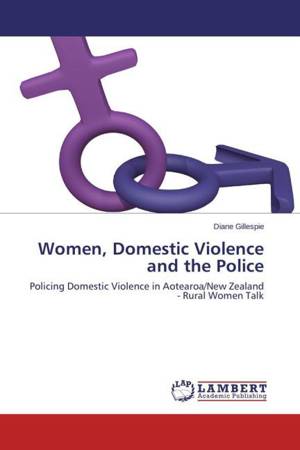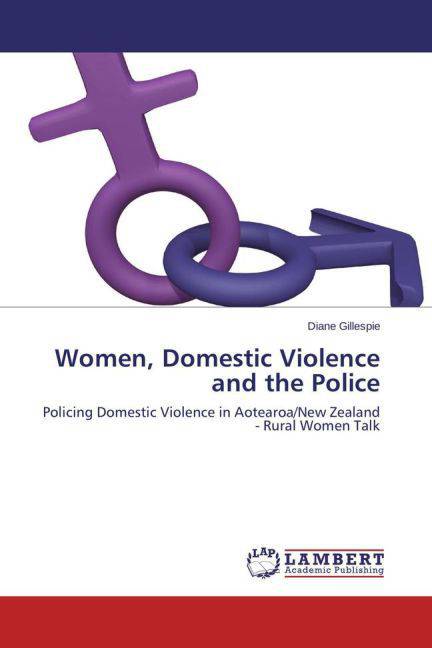
- Afhalen na 1 uur in een winkel met voorraad
- Gratis thuislevering in België vanaf € 30
- Ruim aanbod met 7 miljoen producten
- Afhalen na 1 uur in een winkel met voorraad
- Gratis thuislevering in België vanaf € 30
- Ruim aanbod met 7 miljoen producten
Zoeken
Women, Domestic Violence and the Police
Policing Domestic Violence in Aotearoa/New Zealand - Rural Women Talk
Diane Gillespie
Paperback | Engels
€ 36,45
+ 72 punten
Omschrijving
Domestic Violence is a pervasive crime. It weaves itself into the network of our society. In Aotearoa/ New Zealand the Government has introduced legislation designed to reduce and prevent violence in the home and has seen an increase in reported domestic violence since its introduction. Despite some evidence to the contrary, when all types of violence are taken into account the majority of victims are women and children. Domestic violence can be best understood in terms of power and control in relationships, and gender relations in our society, and our socio-cultural-historical context. Given our current legislative context, policing is a critical dimension of effective intervention to reduce and prevent domestic violence. This research explores women's experiences of the policing of domestic violence in a rural, South Island locality.
Specificaties
Betrokkenen
- Auteur(s):
- Uitgeverij:
Inhoud
- Aantal bladzijden:
- 140
- Taal:
- Engels
Eigenschappen
- Productcode (EAN):
- 9783659328626
- Verschijningsdatum:
- 6/10/2013
- Uitvoering:
- Paperback
- Formaat:
- Trade paperback (VS)
- Afmetingen:
- 152 mm x 229 mm
- Gewicht:
- 213 g

Alleen bij Standaard Boekhandel
+ 72 punten op je klantenkaart van Standaard Boekhandel
Beoordelingen
We publiceren alleen reviews die voldoen aan de voorwaarden voor reviews. Bekijk onze voorwaarden voor reviews.











